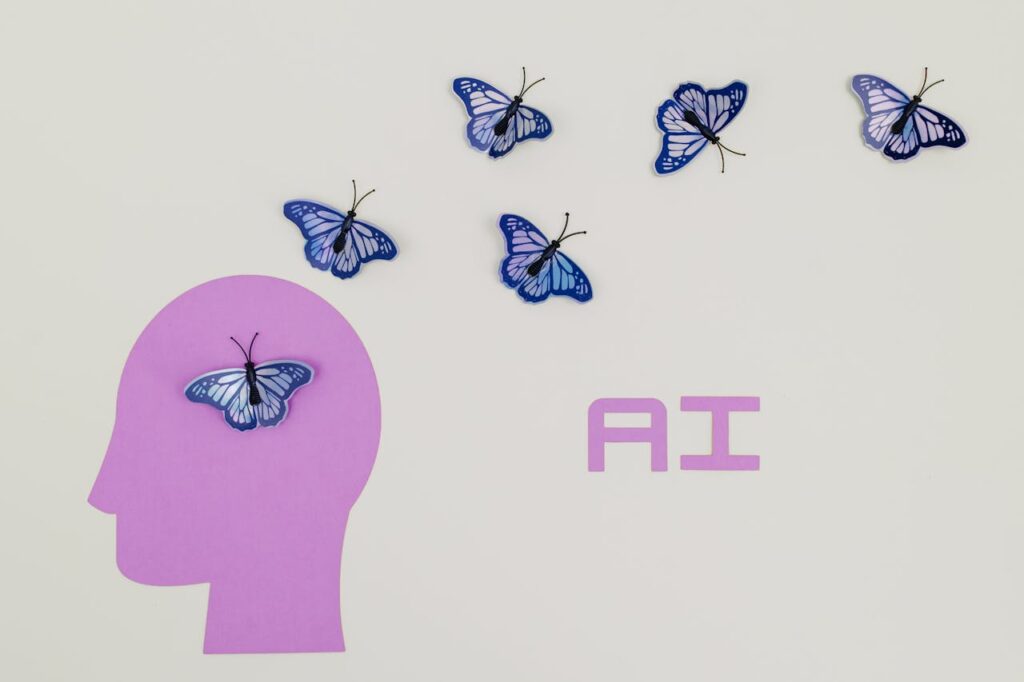Are you intrigued by the boundless possibilities of artificial intelligence (AI) and eager to delve into the realm of intelligent systems? Embarking on the journey to becoming an AI expert is both exhilarating and rewarding, but it requires a strategic approach and a solid foundation. Here’s your comprehensive career guide to mastering AI and stepping into the future!
What is an AI Expert?
An AI expert is a professional fluent in AI theories, methods, and applications. They design, develop, and deploy intelligent systems mimicking human-like intelligence in areas like natural language processing, computer vision, machine learning, and robotics.

How to Become an AI Expert: Step-by-Step
- Build a solid foundation in math, statistics, computer science, and programming.
- Master AI fundamentals like algorithms, data structures, machine learning, and deep learning.
- Consider degrees in AI, computer science, or related fields, or explore online courses and certifications on platforms like Coursera, Udemy, edX, or Udacity.
AI regulations are evolving rapidly. Did you know? According to the AI Index Report, the U.S. saw a significant rise in AI-related regulations, with 25 active in 2023 compared to just one in 2016. This represents a 56.3% increase from 2022 to 2023 alone. Meanwhile, the EU has been actively passing AI-related legislation, with 32 new regulations in 2023.

Ready to harness AI’s power for your business? Here’s how to begin:
1️⃣ Determine your AI objective: Identify how AI can enhance operations or services.
2️⃣ Identify what needs to happen to get there: Determine steps needed, from data sorting to talent acquisition.
3️⃣ Build a team: Assemble skilled individuals passionate about AI.
4️⃣ Choose an AI platform: Select AI tools based on project requirements.
5️⃣ Begin implementation: Train AI models, test with data subsets, and refine.

From machine learning to cognitive computing, AI encompasses a diverse array of subdomains. Here’s a quick rundown:
- Machine Learning: Algorithms learn and improve from data.
- Deep Learning: Mimics human brain neural networks to understand complex patterns.
- Neural Networks: Process data to recognize patterns and classify information.
- Natural Language Processing: Enables machines to understand and generate human language.
- Computer Vision: Interprets visual information from images or videos.
- Cognitive Computing: Aims to create human-like intelligent systems.

Understanding Different Types of AI:
🤖 Narrow AI: Performs specific functions within predefined limits (e.g., Siri).
🤖 General AI: Possesses human-level intelligence.
🤖 Superintelligent AI: Surpasses human intelligence.
🤖 Reactive Machines: Automatically respond to inputs without memory.
🤖 Limited Memory: Learns from past experiences.
🤖 Theory of Mind: Understands and models mental states of others.
🤖 Self-Aware: Possesses human-like awareness.
🤖 Generative AI: Creates content nearly indistinguishable from human-generated content.
Do chatbots, robots and digital assistants intrigue you? They’re all part of the world of artificial intelligence. AI has already altered the way we think and interact with each other every day. Whether it’s AI’s effect on startups and investments, robotics, big data, virtual digital assistants, or voice search and recognition, the following feature will give you a better understanding of AI’s current state and its future scope! Click here to read!


